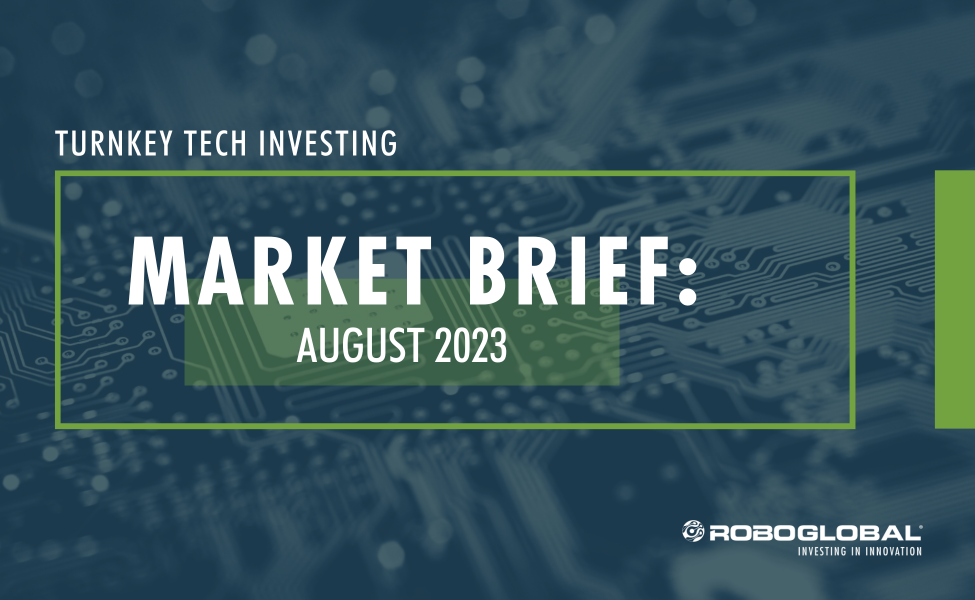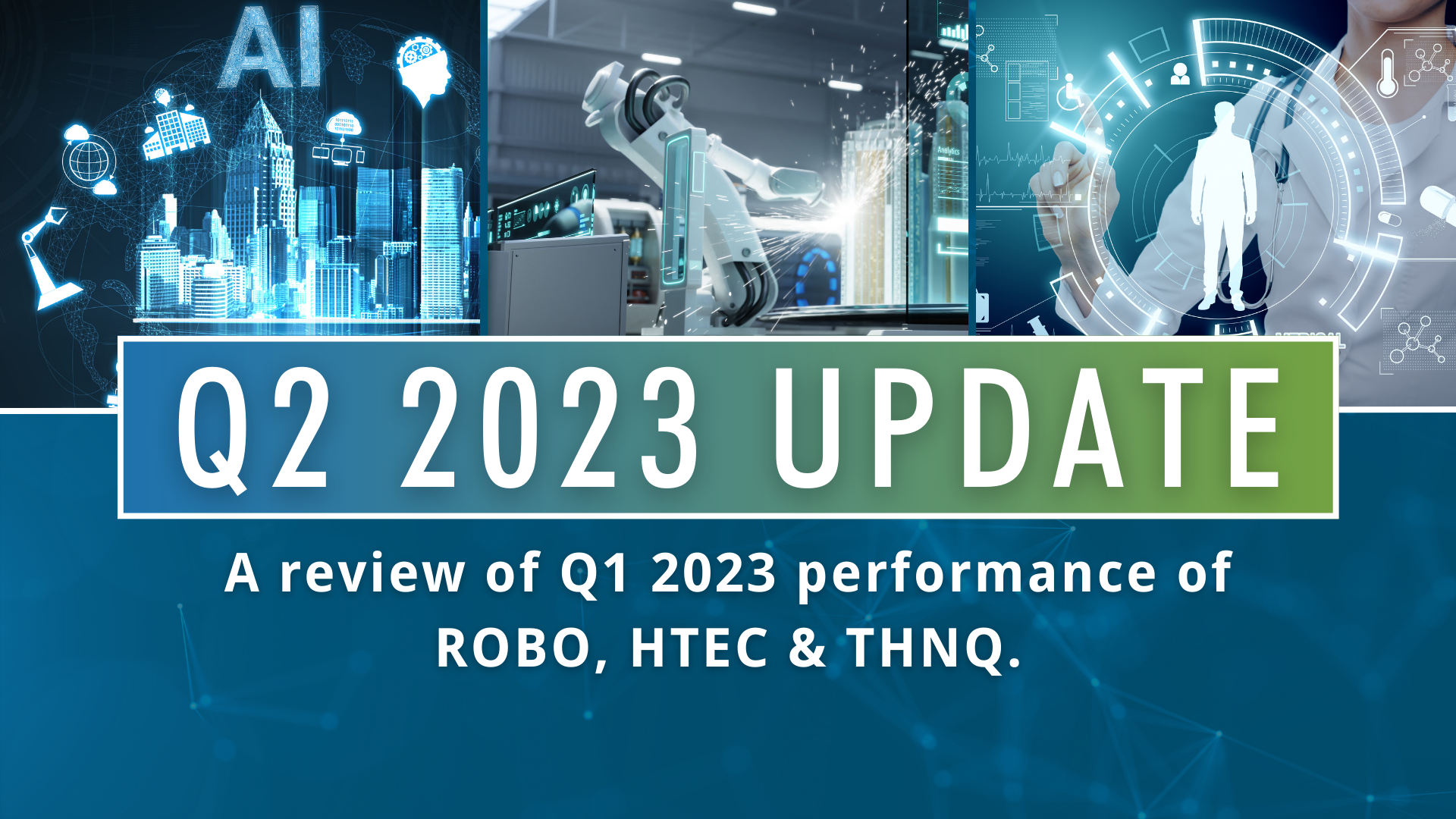The growing focus on the metaverse for many of our index companies' business models along with some promising recent developments for iRhythm as its wearable cardiac monitoring device continues to march to the beat of its own drum.
Please enjoy these insights from our research team.
ROBO: Nvidia Makes Moves into the Metaverse
Nvidia has become the de facto leader in graphics and parallel computing for AI in recent years, and its solutions and ecosystem are far ahead of those of its competitors, in our view. Its stock has returned over 2,500% since its inclusion in ROBO in 2016. It is also a member of THNQ.
Earlier this week, the world’s leading provider of graphics processing units (GPUs) kicked off its annual technical conference with a bang. News of its latest advancements in semiconductor chips and other hardware came as no surprise. But more importantly, several announcements confirmed that Nvidia is rapidly becoming a platform company, offering end-to-end solutions for some of the most exciting AI opportunities, including the metaverse.
In the automotive sector, the Drive platform provides data collection, mapping, training, simulation, and autonomous driving, with 16+ vehicle design wins and with production starting in 2024. In healthcare, the Clara medical device AI computing platform powers oncology research, genomics, medical imaging, and the modeling of treatment and drug interactions. In robotics, Jetson is now being used in more than 6,000 companies. Nvidia’s solutions now also cover quantum computing and cybersecurity.
The most highlighted area this week was Omniverse, a multi-media 3D collaboration platform that enables users to collaborate in a metaverse using “digital twins” of real-world products and problems such as cars, factories, people, and movies.
THNQ: Developing Products in a Digital World with Dassault Systemes
Dassault Systemes, a leader in 3D experiences and a THNQ member, digital twin design, data, and implementation technologies, is up 53% YTD on revenue outperformance, higher margins, and 25% Y/Y EPS growth. This growth is coupled with increased demands in virtual worlds, which highlights a shift from a product world to an experience world. The passing of the $1.2 trillion infrastructure bill last week in the U.S. should be a big boost for its products for years to come.
Creators and designers across all industries, but particularly in industrials, can more effectively innovate cutting-edge tech using Dassault’s real-world physics simulation. Using the digital world in this way enables the faster and more sustainable development of advanced products.
Looking beyond industrials, Dassault’s foray into healthcare has also been very successful. There are now 3,100+ customers using its SIMULIA product suite across medical and surgical equipment, implanted devices, monitoring, and decentralized clinical trials. It should continue to be a powerful driver of revenue expansion. With the growing excitement around the metaverse and virtual worlds, the company is also perfectly primed to provide support and to grow as an established player in the space.
HTEC: A Strengthening Heartbeat for iRhythm After Uncertainty
HTEC member iRhythm, a market leader in cardiac monitoring, is best known for its wearable heart monitoring device, Zio, which can be worn for 14 days without inconveniencing the patient. iRhythm hit a rough patch earlier this year, with the announcement that Medicare would pay a substantially lower price for its use of Zio, followed by their second CEO departure within a year. However, in the wake of some recent developments, iRhythm is regaining momentum. The biggest development was last week when Medicare announced it would pay a higher price for Zio than originally expected ($200 vs. $115). Additionally, the company published data supporting the use of its product to monitor high risk patients for “silent a-fib” (asymptomatic atrial fibrillation). This indication would expand iRhythm’s addressable market, once approved. Finally, new CEO Quentin Blackford reported strong earnings results last week, with revenue up 19% Y/Y. We are encouraged by this hire, as Quentin had proven success at Dexcom.
The market is reacting to all of this progress, with the shares increasing over 30% in the last week, and over 70% quarter-to-date. With a strong core business and several new growth prospects in the works, including new indications and global expansion, we believe the company is well positioned to maintain its market leadership and grow sustainably for years to come.




